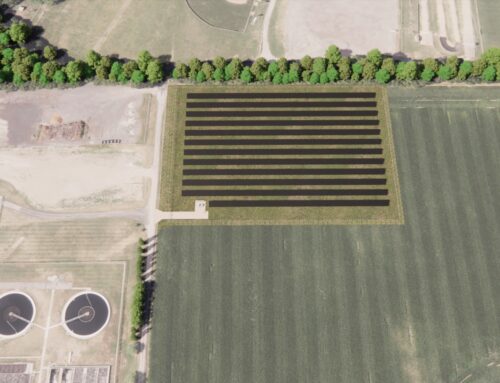Opinion: Investing in New York’s Healthcare Future is a Sacred Duty
May 9, 2025
Share This Article
“As spiritual advisors and community leaders, we are called to speak to the holistic well-being of those we serve. The city’s future depends on continued investment in healthcare facilities that have faithfully served New Yorkers for generations.”


Faith leaders and community advocates in New York City witness countless moments of joy, sorrow, healing and hope within our communities. Many of us spend innumerable hours in hospital waiting rooms, at bedsides and in consultation with healthcare providers who have become not just partners in care but extensions of our community families.
In recent months, discussions about healthcare infrastructure in New York City have intensified. We have watched with growing concern as vital healthcare institutions like Mount Sinai Beth Israel in Lower Manhattan close down. At the same time, SUNY Downstate in Brooklyn hangs in the balance.
These closures represent more than the loss of buildings. They would sever sacred bonds between patients and the healthcare providers who have known them for years.
Consider the young mother who welcomes her first child and receives compassionate care from the same nurses who cared for her mother. These relationships span generations at Lenox Hill Hospital, which has been a pillar for communities across Manhattan, including countless families from Harlem and East Harlem. They’ve created a continuity of care that transcends the clinical to become deeply personal. These are not merely professional interactions; they are sacred bonds of trust formed during life’s most vulnerable moments.
Similarly, our older neighbors find comfort in receiving care from physicians who have known them for decades, doctors who understand not just their medical histories but their personal stories. For our aging population throughout the city, these relationships provide more than medical benefits; they offer dignity, respect and the comfort of familiarity during uncertain times.
As spiritual advisors and community leaders, we are called to speak to the holistic well-being of those we serve. The city’s future depends on continued investment in healthcare facilities that have faithfully served New Yorkers for generations. The institutions that anchor our neighborhoods, many over a century old, cannot serve 21st-century needs with facilities built for earlier eras, but the answer cannot be their elimination. Modernization is not merely advisable—it is essential.
Research shows that hospital closures devastate neighborhoods, disrupt critical provider-patient relationships and overwhelm nearby facilities. When hospitals reinvest in their facilities, they are reinvesting in the fabric of our communities. They are a covenant with future generations of New Yorkers, promising that the exceptional care we’ve come to rely upon will remain accessible for decades to come.
As our city’s population continues to age, projections suggest that nearly 20 percent of New Yorkers will be over 65 by 2030, so we must ensure our healthcare infrastructure meets their specialized needs. Simultaneously, young families establishing roots in our city deserve the best maternal and pediatric care. Both ends of life’s spectrum demand our attention and resources.
For institutions like Lenox Hill that have faithfully served communities across Manhattan and New York City for generations, modernization represents not expansion but continuation—a commitment to remain steadfast in their historic mission while adapting to contemporary healthcare challenges. We have seen the consequences when hospitals close their doors: disrupting care for expectant mothers and leaving our seniors and neighborhoods left without accessible emergency care.
Faith traditions teach that how we care for the vulnerable reflects our deepest values. New York’s healthcare workers embody this principle daily through their dedication. Our responsibility is to ensure they have the facilities, technology and resources to fulfill their calling.
Our decisions today about healthcare infrastructure will shape our city for generations. Let us approach these choices with wisdom, foresight and an unwavering commitment to preserving the exceptional care and deep community connections that have distinguished New York’s healthcare system.
Our sacred duty extends beyond the walls of houses of worship to encompass the well-being of all New Yorkers. Supporting healthcare infrastructure investment honors this obligation and secures the promise of compassionate, community-centered care for generations to come.
Rev. Dr. Malcom Byrd is senior pastor for Mother AME Zion Church, the oldest African American church in the state of New York. Rev. Dr. Philip Craig, M. Div., MBA is senior pastor of The Greater Springfield Community Church. Rev. Patrick H. Young is senior pastor for the First Baptist Church of East Elmhurst.
Search
RECENT PRESS RELEASES
Related Post

